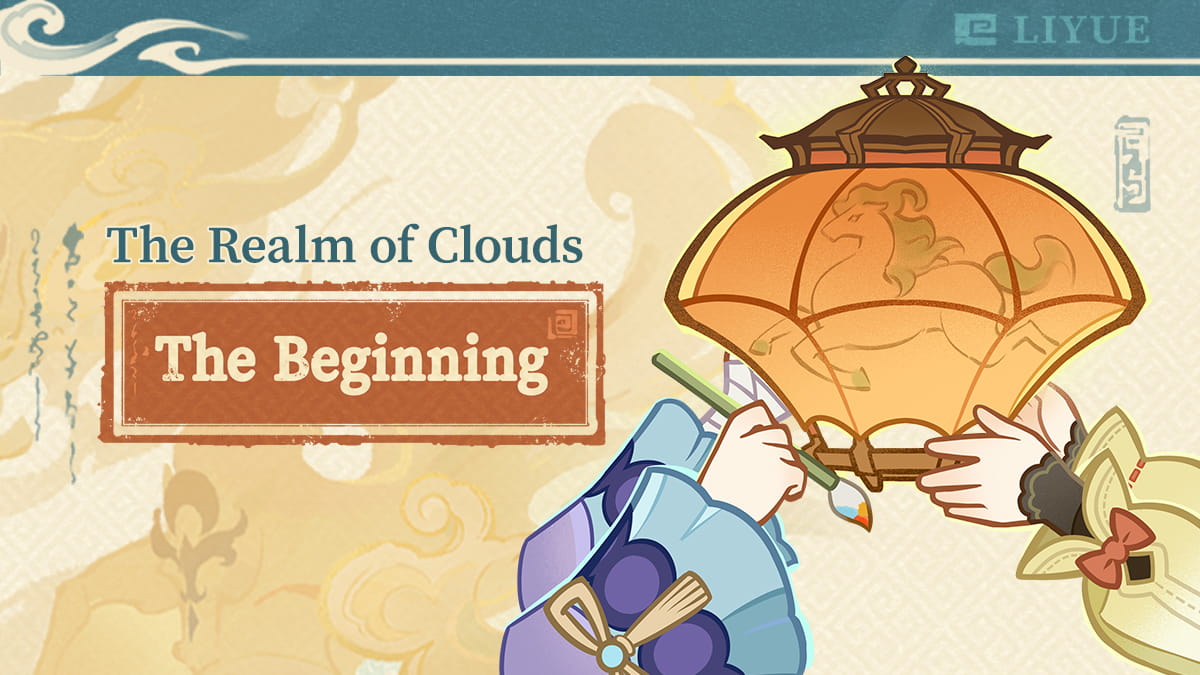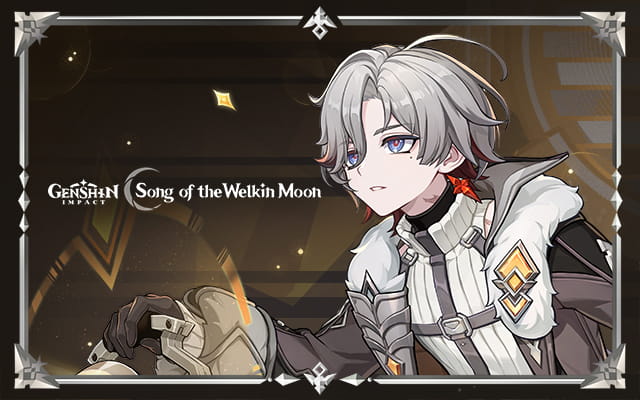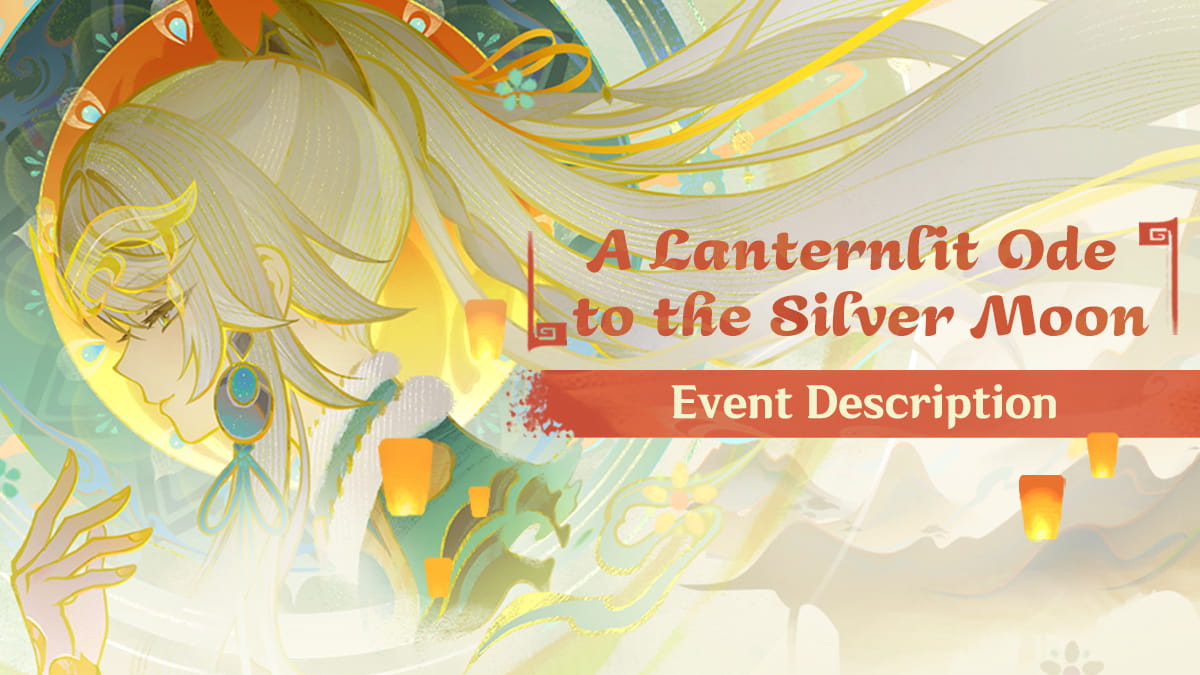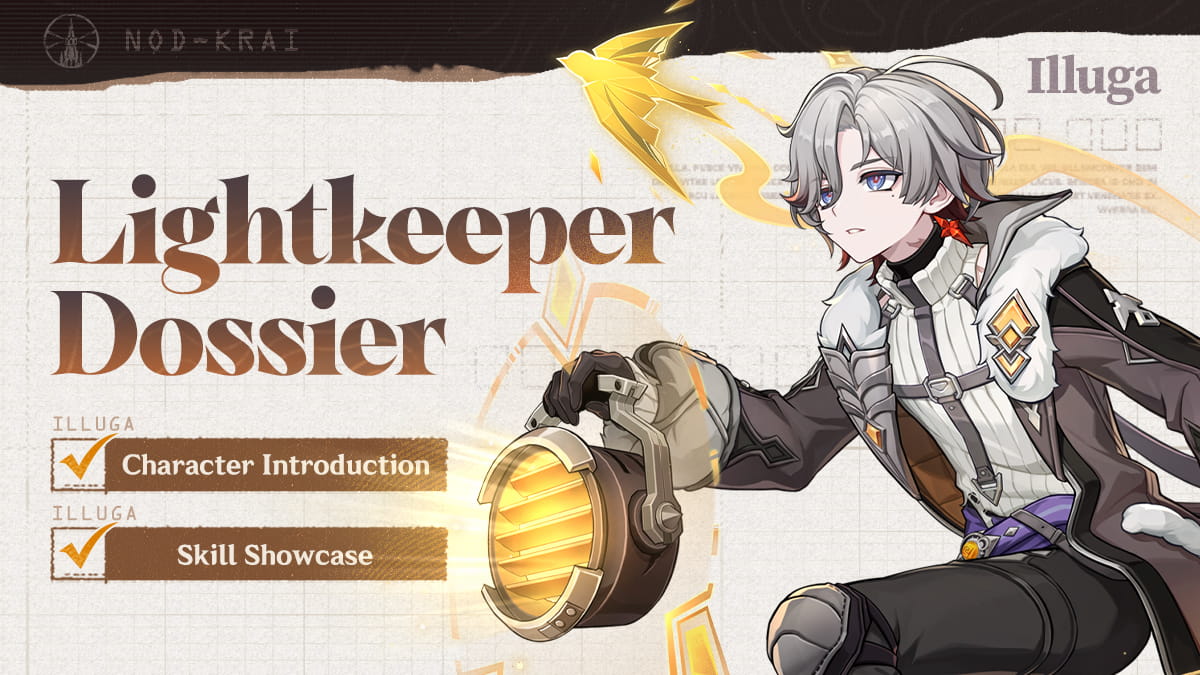
Read more on The Beginning: Behind the very first Xiao Lantern is a secret that is perhaps impossible to put into words..
Read more on The Beginning: Behind the very first Xiao Lantern is a secret that is perhaps impossible to put into words..
The sky above Kipumaki Cliff is always dark and gloomy, causing countless travelers to get lost within its depths.

Hello, Travelers! Here’s the February 2026 calendar wallpapers (PC/Mobile/Apple Watch) for you~ Feel free to save and use them as you like~

New shoots cast shifting shadows on the desk in disarray, at times the guest who enters is not the wind at play.

Hello, Travelers~ Today, we’re bringing you a showcase of Zibai’s skills. Let’s take a look!

According to the genealogy of the Lu clan, an ancestor walked through the moonlit woods and chanced upon a tale of the Adepti.

Along the streets agleam in moonlight, a multitude of lanterns glow like a soft mist.

Hello, Traveler! Today, we have for you some great details on Illuga.

Those legends you have heard throughout your journey so far, both true and false, would have helped piece together a somewhat blurry picture of the “White Horse Adeptus.” When the lanterns illuminate the night sky once more, will this Adeptus, long thought to exist only in stories, reveal herself in her homeland?

Do not be swayed by false promises, nor bow to false divinity.
